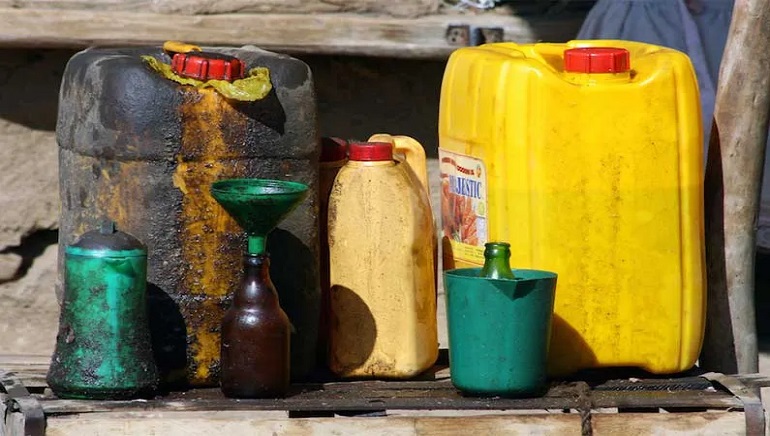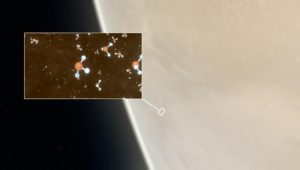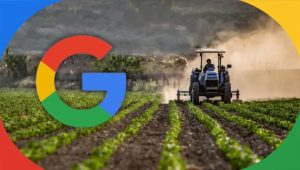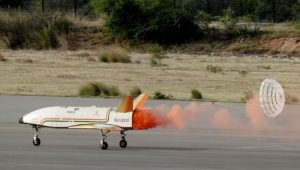US’ Pacific Northwest National Laboratory has found a new method to convert waste plastic to fuel and raw materials that promises to help close the carbon cycle at mild temperature and with high yield. The new process is conducted at low temperatures and with high yield, bringing down the cost of recycling plastics. It combines cracking of plastics with alkylation catalysts to create gasoline-like fuel without unwanted byproducts. The research team reported their discovery in Science.
There is a lot of potentially useful raw materials in used face masks, grocery bags and food wrap. However, it has been much cheaper to keep making more of these single-use plastics than to recover and recycle them.
Usually, recycling plastics requires splitting apart the tough and stable bonds, which also make them persistent in the environment. This splitting needs high temperatures, making the process expensive and energy intensive. The innovation here is combining this splitting or cracking step with a second reaction step that immediately completes the conversion to a liquid petrol-like fuel without unwanted byproducts. The second reaction step deploys what are known as alkylation catalysts. These catalysts provide a chemical reaction currently used by the petroleum industry to improve the octane rating of gasoline.
A study author and chemist at PNNL, Oliver Y. Gutiérrez said, “The secret formula here is that when you break a bond in our system, you immediately make another one in a targeted way that gives you the end product you want. That is also the secret that enables this conversion at low temperature.”















